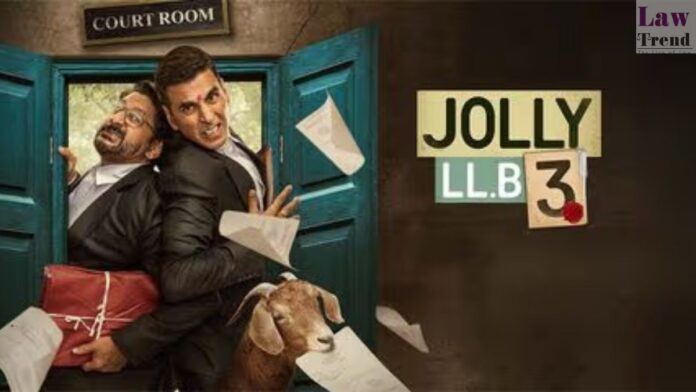The Allahabad High Court, Lucknow Bench, on September 2, 2025, dismissed a writ petition seeking to restrain the release of the film “Jolly LLB 3” and the removal of its song “Bhai Vakeel Hai” from online platforms. A Division Bench comprising Justice Sangeeta Chandra and Justice Brij Raj Singh, after reviewing the film’s trailers and
To Read More Please Subscribe to VIP Membership for Unlimited Access to All the Articles, Download Available Copies of Judgments/Order, Acess to Central/State Bare Acts, Advertisement Free Content, Access to More than 4000 Legal Drafts( Readymade Editable Formats of Suits, Petitions, Writs, Legal Notices, Divorce Petitions, 138 Notices, Bail Applications etc.) in Hindi and English.




